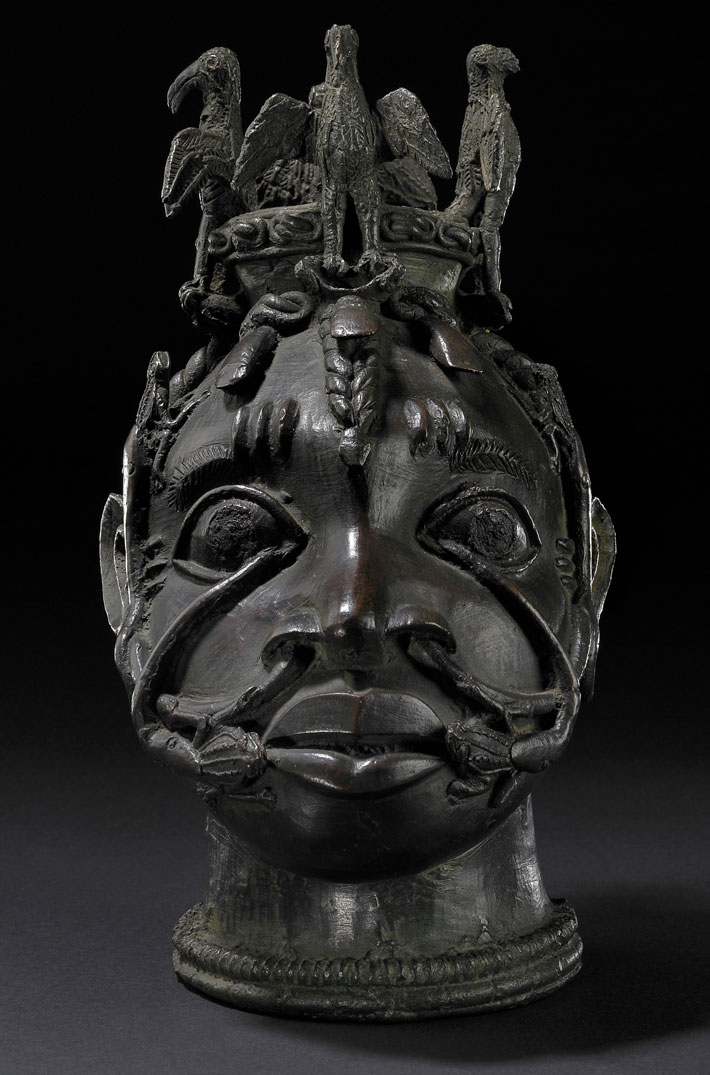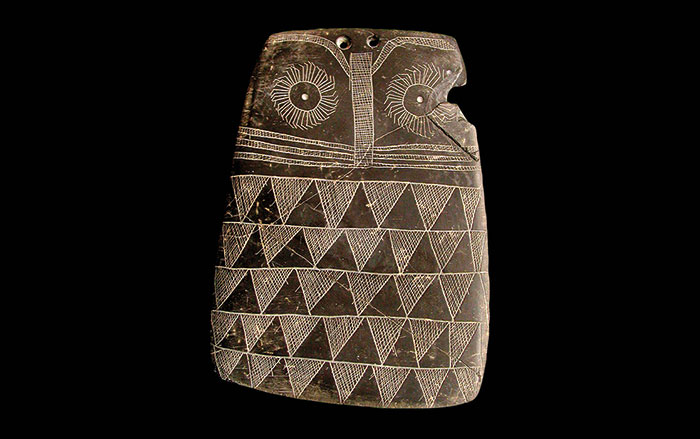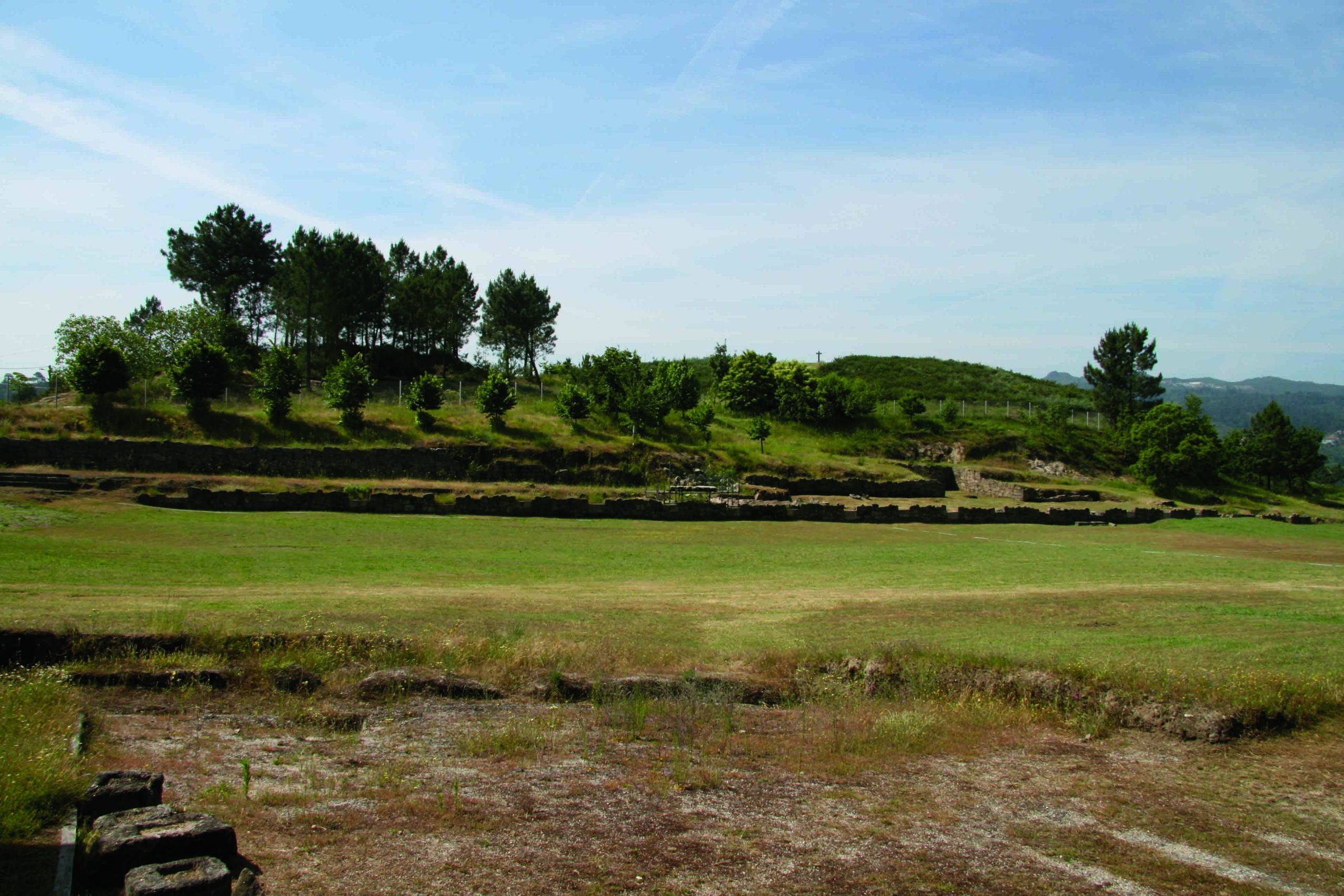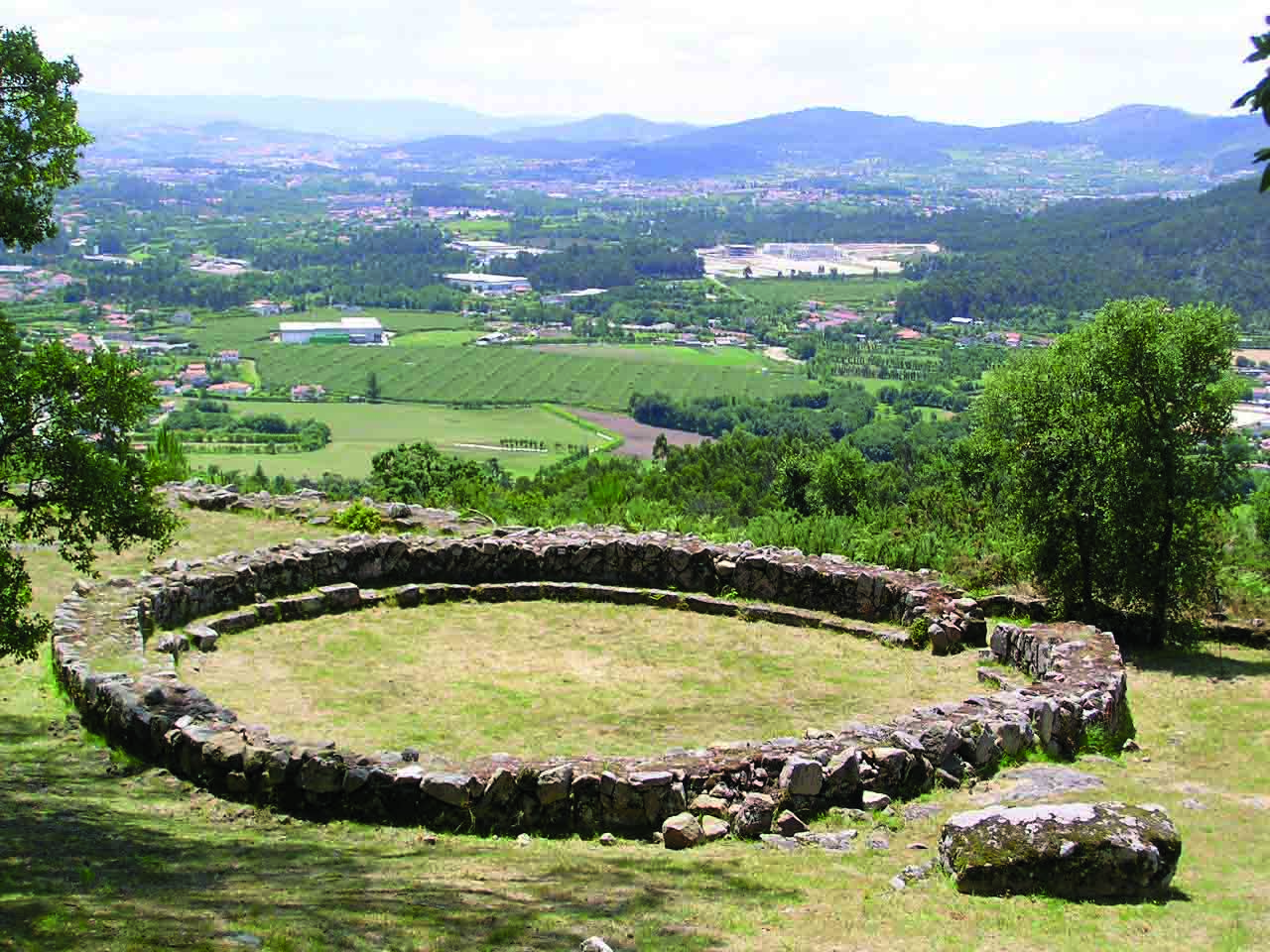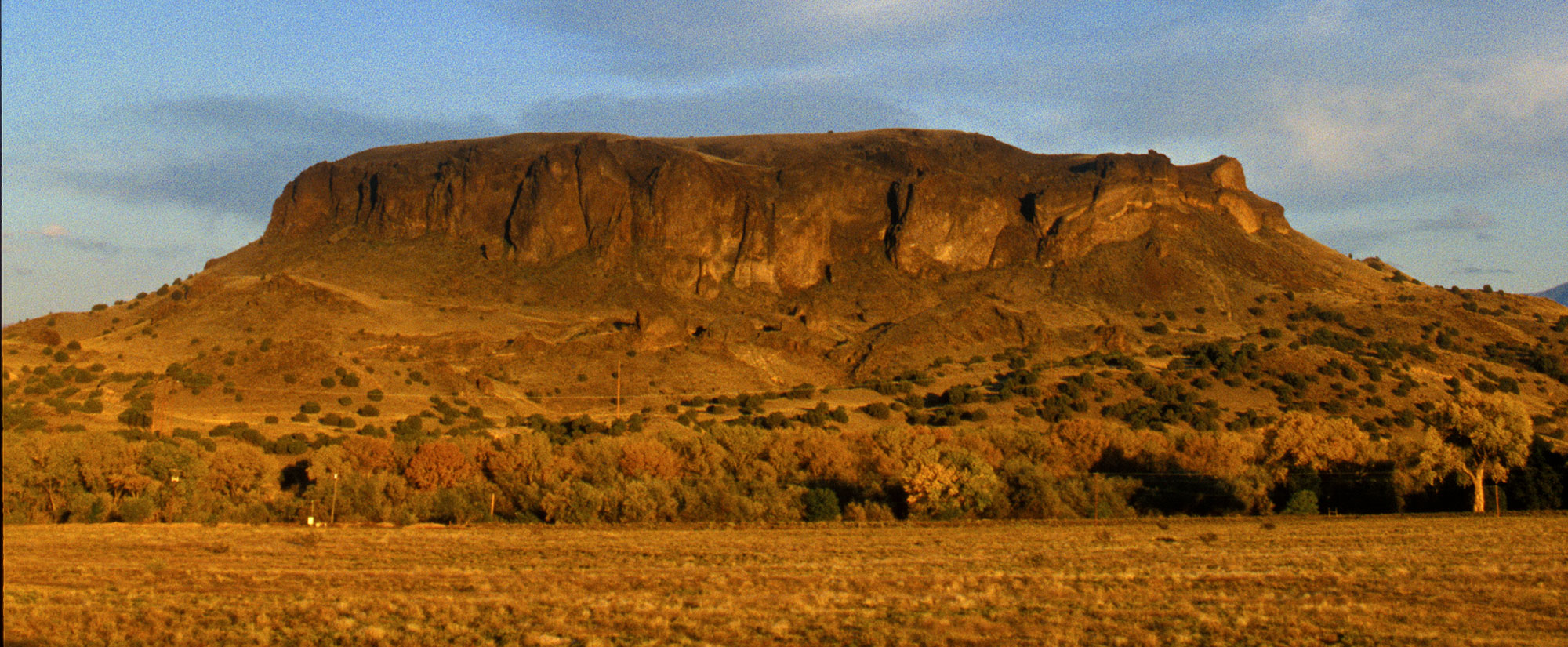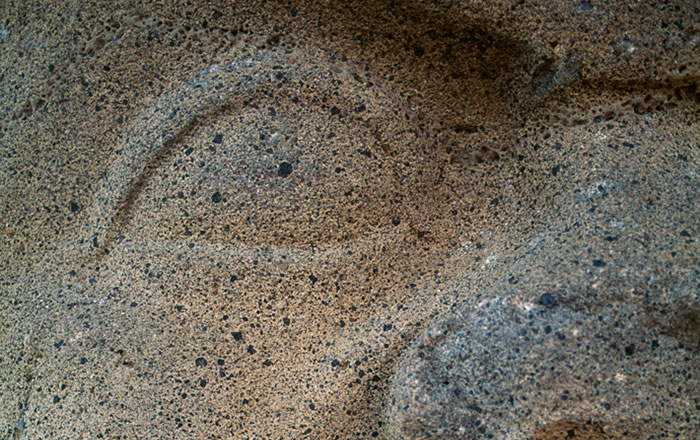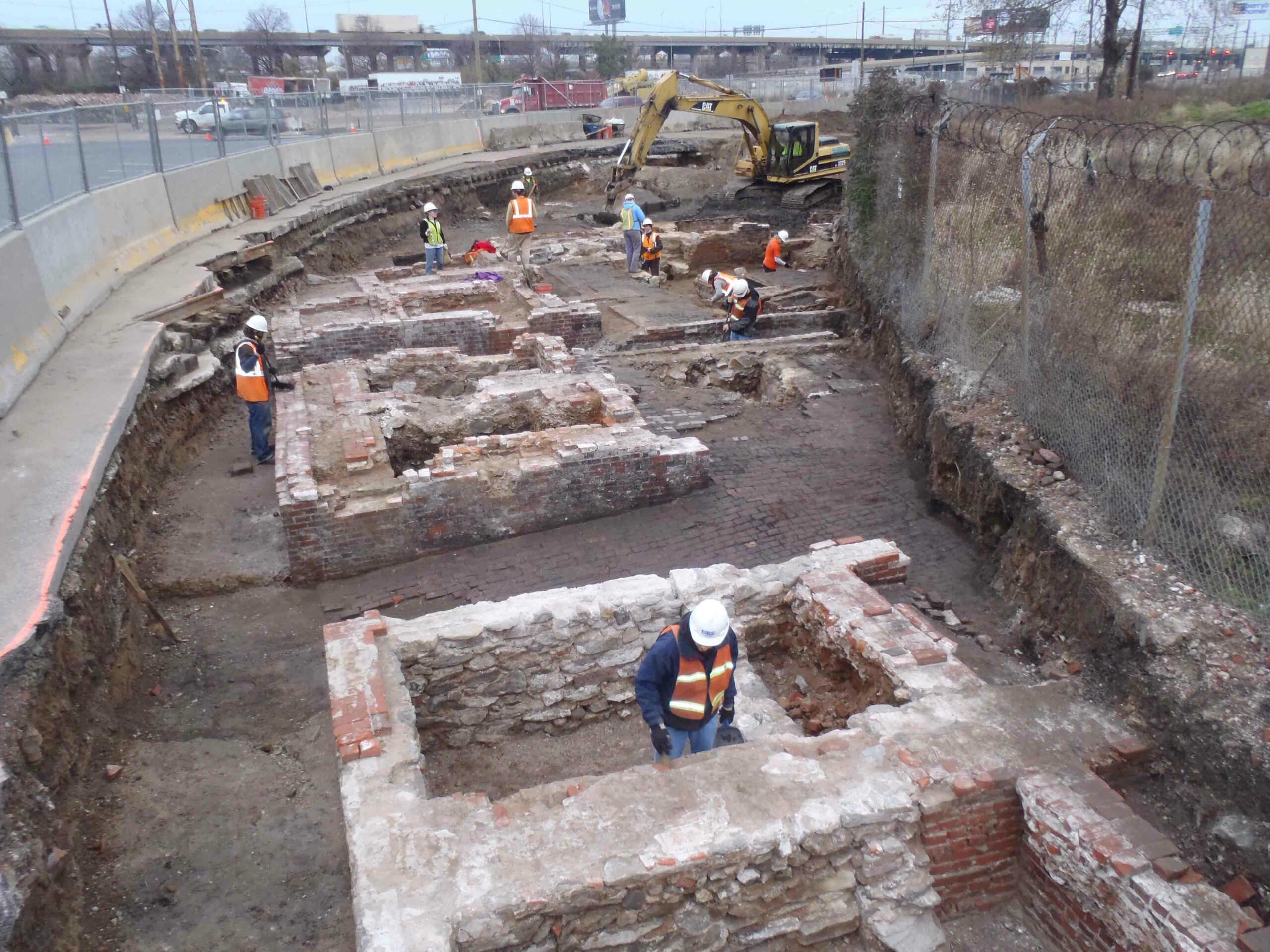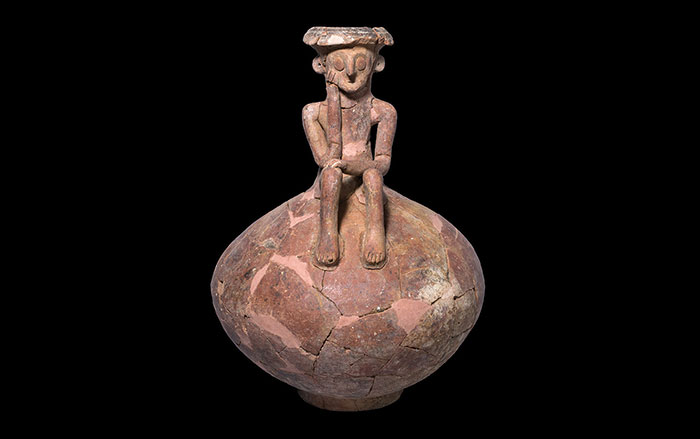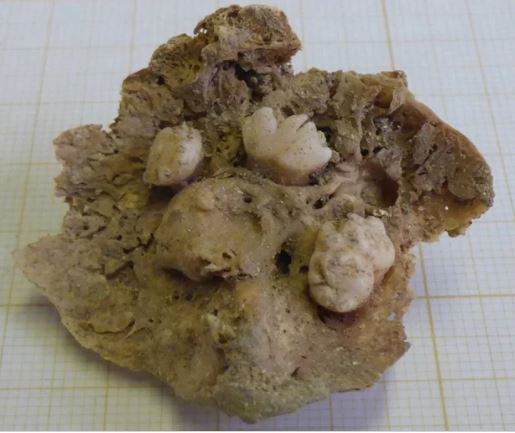
COIMBRA, PORTUGAL—A calcified ovarian tumor measuring just under two inches wide was found by archaeologists in the abdominal cavity of a woman buried at the historic Church and Convent of Carmo in Lisbon. According to a report in Live Science, the cemetery at the site was in use between the fifteenth century and 1755, when an earthquake destroyed the church. The woman was at least 45 years old at the time of her death. Such ovarian cysts, which grow from cells that would normally become eggs, can produce teeth, hair, and bones, and can grow large enough to cause severe pain. But Sofia Wasterlain of the University of Coimbra said it is not possible to tell how this teratoma impacted the woman’s life. Wasterlain added that she did not find any damage to the woman’s skeleton from the bony growth. For more, go to “Off the Grid: Côa Valley, Portugal.”


